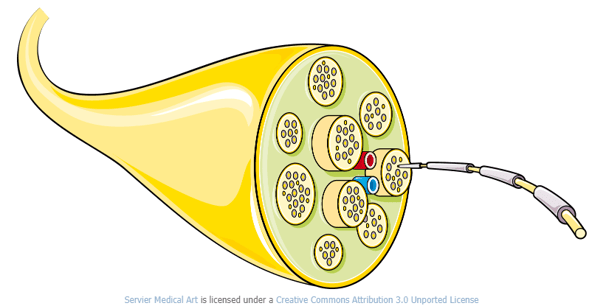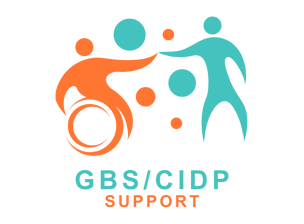Did you know...?




Volunteer Network
You may wish to ask your neurologist to test for the particular type of antibodies in your system if the main lines of treatment (IVIg or plasmapheresis) don't work for you. It's called a Neuromuscular Antibody Panel. From that test, they should be able to figure out the variant of CIDP that you have. It could help figure out the correct line of treatment you need!
Why has my blood type changed?
Here is some research that helps explain this:
Yes, it is possible—though rare—for a person’s blood type to appear to change or be misidentified due to certain medical treatments or underlying conditions. Here's a breakdown of what's going on and how treatments like IVIG or Rituxan (rituximab) might play a role.
1. Blood Type Basics
Your blood type (e.g., A, B, AB, or O; positive or negative) is determined by specific antigens on your red blood cells:
ABO system: determined by the presence or absence of A and B antigens.
Rh system: determined by the presence (+) or absence (−) of the Rh(D) antigen.
Your blood type doesn’t actually change throughout life, but certain factors can alter test results.
2. IVIG and Apparent Blood Type Changes
IVIG (Intravenous Immunoglobulin) is a treatment made from pooled plasma from thousands of donors. This plasma contains antibodies, including anti-A and anti-B.
These donor antibodies can circulate in your bloodstream and interfere with blood typing tests, especially the reverse typing (where your blood plasma is tested against known red cells).
It may make it appear as if you're a different blood type, especially if you are O and receive antibodies against A or B.
However, IVIG doesn’t actually change your blood type—it only confuses the testing for a short time.
3. Rituximab (Rituxan) and Blood Typing
Rituximab is a monoclonal antibody that targets CD20-positive B cells (a type of white blood cell involved in antibody production).
This can reduce or eliminate antibody production, including naturally occurring ABO antibodies.
As a result, reverse blood typing may give incomplete or misleading results.
Again, this doesn’t change your actual blood type, but can make it difficult to determine accurately during or after treatment.
4. Other Explanations
Aside from IVIG or Rituxan, other rare scenarios can lead to discrepancies in blood typing:
Bone marrow or stem cell transplant from a donor of a different blood type.
Massive transfusion of red blood cells (diluting your own cells).
Laboratory errors or mislabeling (surprisingly common).
Certain types of leukemia or lymphoma can cause antigen expression changes.
I'm not a
SUPERHERO
but I'm fighting GBS/CIDP/MMN
so,
close enough


Neurodynamic Stretching
Stretching and stimulating nerves to treat neuropathy... hopefully.
Neurodynamic stretching is a technical type of stretching,
usually provided by a professional,
designed to treat neuropathy by stretching nerves.
Click here to read this article by Paul Ingraham.
Supporting Australians with GBS, CIDP, MMN and related conditions.
© GBS CIDP Support 2025. All rights reserved.
ABN 99 400 279 454


242 Elsworth Street West,
Mount Pleasant VIC 3350
0484 293 889
0412 180 971



GBS CIDP Support is a Registered Charity with the Australian Charities and Not-for-profits Commission (ACNC) and is endorsed as a Deductible Gift Recipient. All donations of $2 or more towards our cause are Tax Deductible.

